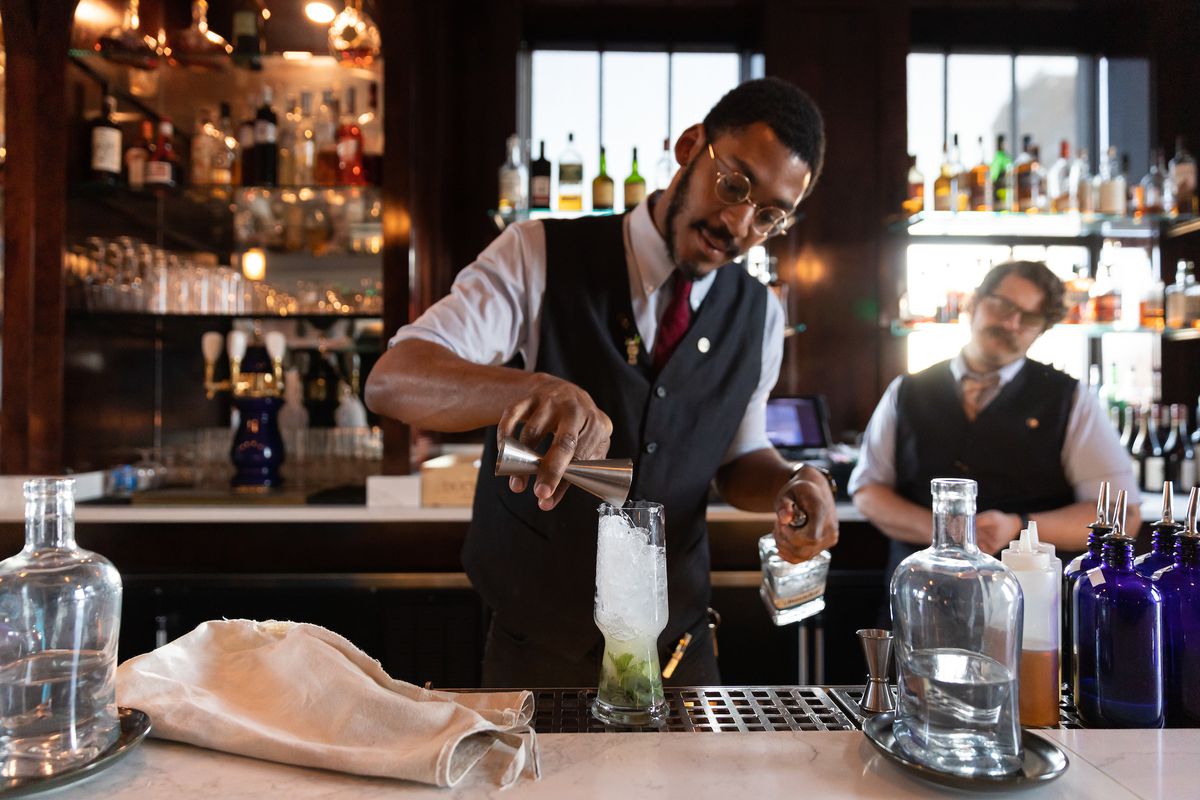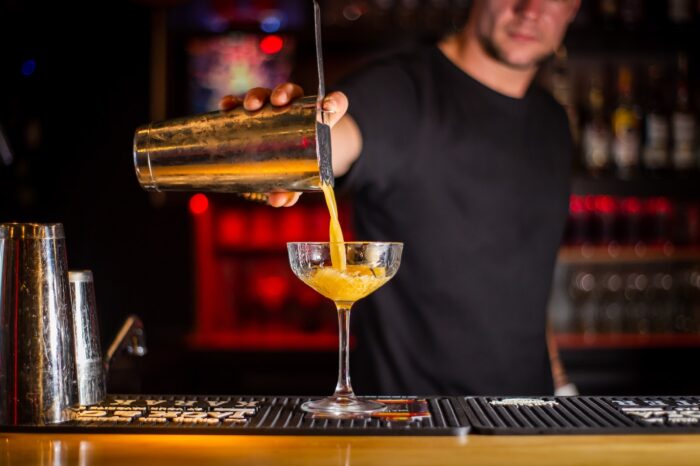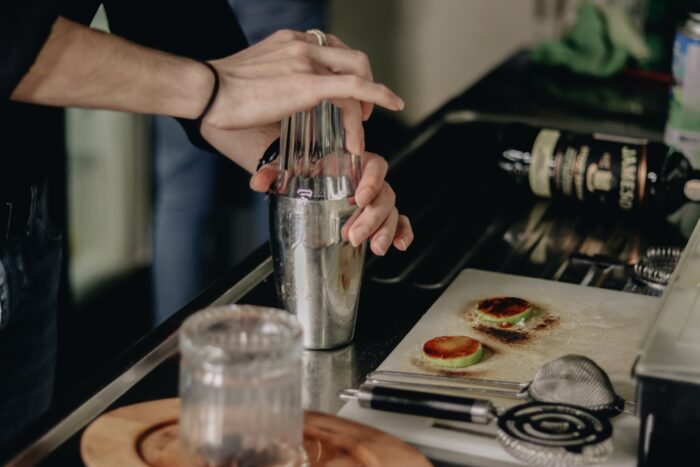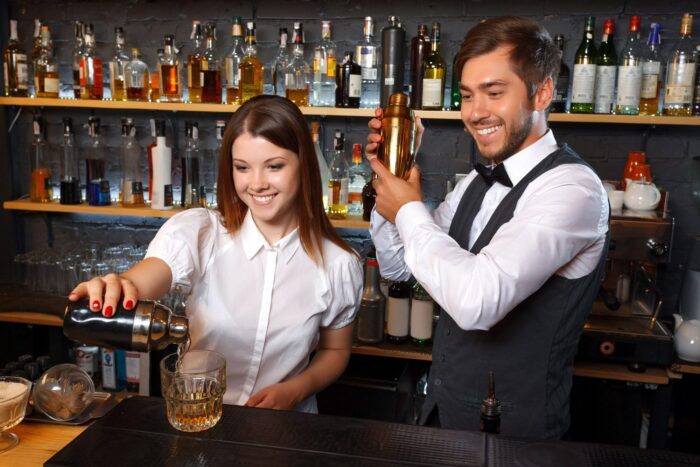
Responsible Beverage Service training and certification is a critical aspect of the hospitality and alcohol-serving industry. It plays a pivotal role in ensuring the responsible consumption of alcoholic beverages, thereby reducing the risks associated with alcohol abuse. In this blog post, we will delve into the world of RBS training and certification, focusing specifically on the duration of its validity.
Overview of Responsible Beverage Service

Before we dive into the specifics of RBS certification, it’s important to understand what responsible beverage service entails. RBS involves the training of individuals who serve alcoholic beverages to the public. This training equips them with the knowledge and skills needed to prevent underage drinking, handle intoxicated customers, and promote responsible alcohol consumption.
Importance of RBS Certification
A critical instrument for preserving a secure and responsible drinking environment, RBS accreditation is more than simply a formality. A certified person is better equipped to spot intoxication symptoms, take appropriate action when needed, and make sure that alcohol is given by local laws and regulations.
Typical Duration of RBS Training

The typical duration of Responsible Beverage Service training can vary depending on several factors. Generally, RBS training programs can range from a few hours to several days. Shorter courses may provide a basic understanding of principles, while longer programs delve deeper into topics such as recognizing signs of intoxication, dealing with difficult situations, and legal responsibilities.
The duration often depends on the specific curriculum and the requirements in your jurisdiction. Some regions may mandate a minimum number of training hours, while others leave it to the discretion of training providers. The flexibility in training duration allows individuals to choose programs that best suit their needs and schedules.
Ultimately, the goal of training is to equip service personnel with the knowledge and skills necessary to ensure responsible alcohol service, regardless of the training duration.
Validity Period of RBS Certification
One of the key questions that individuals often ask is, “How long is RBS certification valid?” The answer to this question isn’t one-size-fits-all. The validity period of a diploma can differ from one jurisdiction to another and depends on various factors.
Factors Affecting Certification Validity

Several factors can influence the validity period of RBS certification. These factors include:
- Jurisdiction: Different states or countries may have varying requirements for certification duration.
- Type of Certification: Some credentials may be valid for a shorter duration, while others may have longer validity periods.
- Recertification Requirements: In some cases, individuals may need to complete regular recertification courses to maintain their credentials.
- Changes in Regulations: Changes in alcohol-serving regulations can also impact the validity of diplomae.
Renewal Process for Expired RBS Certification
Renewing an expired certification is a crucial step in maintaining the highest standards of responsible beverage service. When your lapses, the renewal process typically involves completing a refresher course or meeting specific requirements outlined by the certifying authority. These requirements are designed to ensure that you are up-to-date with the latest regulations, techniques, and best practices in responsible alcohol service.
The renewal process not only reaffirms your commitment to responsible beverage service but also demonstrates your dedication to providing a safe and enjoyable drinking environment for patrons. Failure to renew on time may result in the need to retake the full course, which can be time-consuming and costly. Therefore, staying vigilant about expiration dates and promptly engaging in the renewal process is paramount in this industry.
Legal Requirements for RBS Certification

Understanding the legal requirements for the diploma is essential for anyone in the hospitality industry. Violating these requirements can lead to fines, legal trouble, and the loss of a job. Therefore, it’s crucial to stay informed about local laws and regulations governing alcohol service.
Benefits of Regular RBS Recertification
Even if your diploma hasn’t expired, there are benefits to pursuing recertification. Staying up-to-date with the latest best practices, legal changes, and techniques for responsible beverage service can enhance your skills and make you a more valuable asset to your employer.
Industry Standards for RBS Training Duration
While there may not be a universal standard for the duration of training, some industry organizations and associations provide guidelines. These standards aim to ensure that RBS training is comprehensive and effective in reducing alcohol-related issues.
Ensuring the Long-Term Validity of RBS Certification
In conclusion, RBS training and certification are vital components of the hospitality industry’s commitment to responsible alcohol service. The duration of credential can vary, but it’s essential to stay informed about the specific requirements in your area. Regular recertification and staying up-to-date with industry standards are key to ensuring that your credential remains valid and effective in promoting responsible beverage service. By prioritizing responsible alcohol service, we can create safer and more enjoyable environments for both customers and the industry as a whole.
The Role of RBS in Reducing Alcohol-Related Harm

To truly understand the significance of training and certification, it’s important to recognize its role in mitigating the negative consequences of alcohol abuse. Alcohol-related harm encompasses a wide range of issues, including public health concerns, accidents, violence, and alcohol addiction. training directly addresses these issues by promoting responsible alcohol service.
The indications of drunkenness, including as slurred speech, shaky walking, and impaired judgment, are taught to servers and bartenders in programs. With this information, people may take action and avoid overconsumption, which is a major reason for alcohol-related damage. RBS-trained personnel helps to lower the amount of incidents and accidents involving alcohol by doing this.
Furthermore, RBS training emphasizes the importance of checking IDs and refusing service to underage individuals. This is crucial in preventing young people from gaining access to alcohol, as underage drinking can have lasting consequences, including impaired brain development and increased risk of alcohol dependency later in life.
Conclusion: Ensuring the Long-Term Validity of RBS Certification
In conclusion, RBS training and diplomas are vital components of the hospitality industry’s commitment to responsible alcohol service. The duration of an RBS diploma can vary, but it’s essential to stay informed about the specific requirements in your area. Regular recertification and staying up-to-date with industry standards are key to ensuring that your RBS credential remains valid and effective in promoting responsible beverage service. By prioritizing responsible alcohol service, we can create safer and more enjoyable environments for both customers and the industry as a whole.










